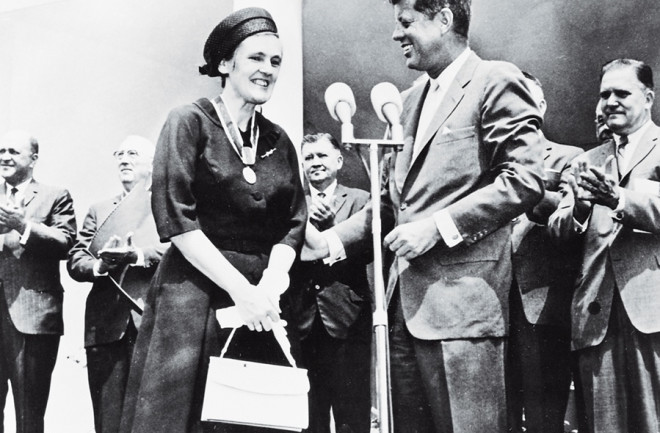With medical advancement, the US avoided thousands of infant deaths and severe abnormalities in the 1960s. Through the expertise and steadfastness of one doctor, it was made possible.
Frances Oldham Kelsey requested further studies for the drug thalidomide as she discovered that it caused death and deformities in infants across 46 countries. It was a drug prescribed to pregnant women for morning sickness.
The Thalidomide Scandal
In the 1950s, Germany developed a drug called Thalidomide. It was meant to be a sedative. The company published reports on animal and human testing and demonstrated positive results. High dosages in animal testing showed no side effects, while testing in human patients showed a remarkably low number of side effects.
However, the studies of the German company, Chemie Grünenthal, proved to have very little scientific value. There were several things that the study lacked, namely:
- There was no control or placebo group
- There was no indication of the duration of the treatment
- The study wasn’t double-blind
- And there was no measurement of how much Thalidomide was present in the patients’ blood and tissues
Although the study was flawed, the drug found its way in different countries. In the UK, it was marketed as Distaval. It was introduced as a safe treatment for flu, morning sickness, and pregnancy-associated insomnia.
Doctors observed a higher than normal rate of abnormal pregnancies in the 1950s. Investigations were started, and suggestions arose that the drug may have caused it. However, the German company countered that some pregnant women who took the drug did not give birth to children with abnormalities. At the same time, some mothers whose babies were born with side effects could not remember taking Thalidomide. (Source: Understanding Animal Research)
By 1961, reports from different countries described the connection of the drug to infant deaths and birth abnormalities. It was reported that over 10,000 babies were affected worldwide, and half died within months of being born.
When further studies were done, it was observed that different abnormalities developed depending on the pregnancy stage. Chemie Grünenthal formally withdrew the drug on November 26, 1961. Families of those affected formed a network in 1962. The Thalidomide Society was created for emotional support and to seek compensation for the damage thalidomide caused to them.
In the late sixties to early seventies, many companies who produced medicines with the drug were forced to compensate the victims’ families. (Source: Science Museum)
Dr. Kelsey’s Stand
Dr. Frances Oldham Kelsey was a reviewer for the Food and Drug Authority (FDA) in her first month. Her primary duty was to review new drug applications, a legal requirement in which manufacturers had to provide evidence of a drug’s safety before it could go on the market. One of her first assignments was to review the new drug thalidomide. (Source: FDA)
After a thorough review, Kelsey discovered that the drug did not have sufficient evidence for safety, leading to the rejection of Thalidomide’s application into the US market. Even though the drug was widely used in European countries as a sleeping pill, Kelsey was concerned by some uncovered data suggesting severe side effects in patients who repeatedly took it.
Despite facing many manufacturers’ pressure to approve their application, Kelsey held her ground and withheld its approval. Her decision helped save many infants from dying or suffering life-long medical conditions. For her action, Kelsey was awarded by President John F. Kennedy the President’s Award for Distinguished Federal Civilian Services in 1962. It was the highest honor given to a civilian in the country. (Source: CF Medicine)
